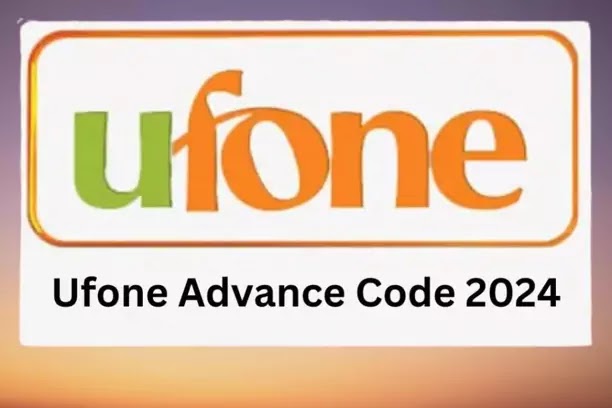 |
| Photo- Express |
Sindh Chief Minister Syed Murad Ali Shah announced on Thursday that the provincial government will distribute 200,000 Solar Home Systems (SHS) to low-income households under the Benazir Income Support Programme (BISP). This initiative aims to enhance energy access for economically disadvantaged families across Sindh.
The announcement was made during a signing ceremony for framework agreements on the solar systems at CM House. The event was attended by Energy Minister Syed Nasir Shah, PSCM Agha Wasif, Sindh Energy Secretary Muadiq Khan, and representatives from the three private companies selected through competitive bidding.
Distribution Plan: The first batch of 50,000 SHS kits is expected to arrive in Karachi by the end of October. These kits will be distributed across the province based on data collected from all districts.
Project Cost and Support: The Sindh Solar Energy Project (SSEP) is being implemented with a total cost of Rs27.4 billion, supported by a $100 million grant from the World Bank.
Subsidy Details: Each solar system, valued at approximately Rs55,000, will be provided to eligible low-income households at an 80% subsidy. This means beneficiaries will only pay Rs6,000 per system. The solar kits include 80-100W solar plates, lithium-ion batteries, one DC fan, three LED bulbs, and a mobile charging facility.
Selection Criteria: Households selected for the programme are based on BISP registration, focusing on those with a poverty score of 21 to 50. Families with scores from 0-20, who cannot afford the Rs6,000 payment, will receive the kits through the Annual Development Programme (ADB scheme) of the energy department.
Programme History: Initially launched in 2020 with a 40% subsidy, the programme struggled to reach its target. With increased World Bank support and a revised subsidy rate of 80%, the programme has been revamped. The Bulk Procurement Model, in compliance with World Bank guidelines, now includes all 30 districts, including seven in Karachi.
Implementation Strategy: The programme will see the distribution of SHS kits in batches, concluding in July 2025. A database management system has been developed for coordination and transparency. Beneficiaries will be charged Rs6,000 per kit via a Sindh Bank Limited Bank Challan receipt.
Oversight and Verification: Chief Minister Shah has directed the appointment of Independent Verification Agents (IVAs) to ensure that SHS kits are distributed to eligible households only. IVAs will also follow up on any reported issues and ensure compliance by NGOs.
Minister for Energy Nasir Shah highlighted that 18 local and international firms participated in the bidding process, with three firms qualifying for the framework agreements. Additionally, five NGOs will manage the collection, distribution, installation, and replacement of solar systems under the Sindh Peoples Housing Foundation Project (SPHFP).
For more updates visit Sindh Solar Energy Project.



















